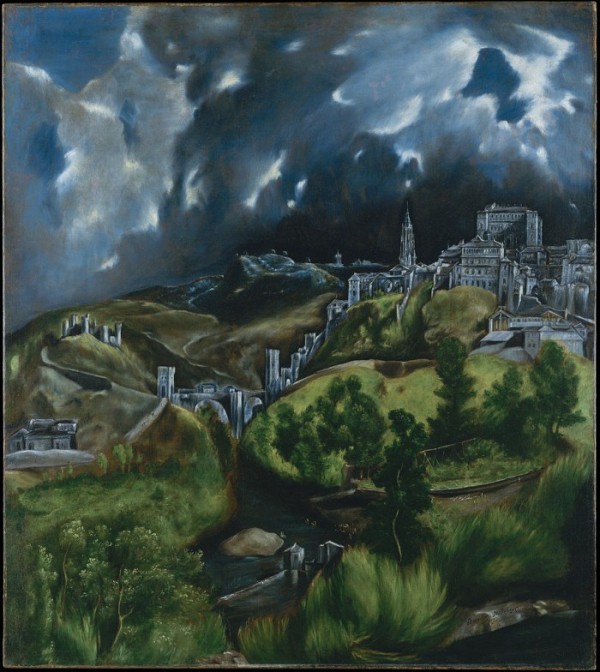
In his eminently affable and uncontroversial way, theologian Stanley Hauerwas once suggested he’s a pacifist because he’s a violent son of a bitch. I feel roughly similar about my own commitment to contemplative spirituality. I’m not a peaceful, well-balanced person. I’m not, as they say, zen. I’m not the guy on the inspirational poster. My mind is neurotic and frenetic, humming with noise. And these are all the reasons the Christian contemplative tradition is precisely what I need. Hauerwas recognized the monster he could potentially become without the strict tether of a pacifist commitment; similarly, I see as often as I look into the mirror the spiritual chaos my life runs the risk of becoming, and indeed too often becomes. All this to say that I am not good at contemplative spirituality; it doesn’t come to me naturally. And so you might rightly ask – as I sometimes do – why I am here writing on contemplative spirituality at all.
And yet there is a part of me that knows why too. It’s because I know there are others for whom contemplative spirituality and mysticism are not matters of comfort and natural inclination, but of life and death. It will not mean the difference between a good relationship with a God and a better one; rather, it will be the difference between relationship and death. And I write in part in the hope that some of those who have given up on spirituality on account of “not being good at it” might reconsider. When one is drowning in the ocean, one doesn’t need to “be good at” clinging to the life buoy. One simply clings to it.
You see, as someone with depression and OCD, I always lacked those things that effectively functioned as affective sacraments in the Evangelical culture I grew up in. “I wanna’ be in the light/as you are in the light” we would sing with DC Talk while the darkness of depression welled within me. And assurance of salvation. It’s fun to talk about that when your OCD keeps you from even the basic assurance you have locked the door at night. And so I was blind. I was blind in places where I saw other people seeing. Unsettled in places where I saw other people certain. Emotionally dead where I saw others feeling. And I tried. God knows how I tried. But it was a bit like being made to dance with a group who have practiced their choreography inside and out – and expected to perform with them without knowing the choreography at all. Where other hearts went right, mine went left. Where people were lifting their hands in praise, I was bowing my head in sorrow. Where others were alive, I felt dead.
Which is curious, because somehow I stayed. Not Evangelical – and I hope fellow Evangelicals can forgive me for that and try to understand – but at least Christian. I am still in love with Him. And conversely there are many who had the experiences – those glowing vibrant holy grails of faith – and then walked away. I often wonder whether, if I had been more honest about my own insecurities, it might have helped them. Maybe they too were pretending and needed to talk. Or not. The freedom of the will is a factor in these matters too.
But to return from idle speculations, I’m convinced it was, has been, and is a kind of contemplative sensibility that has kept me. Somehow along with the doubt and darkness, I also knew that my relationship with Christ in his apparent absence was intimate in a different way. Though I am increasingly reluctant to name or define it as a concept, there is a part of me that seems to have always known what St. John of the Cross describes as the dark night, even before I had words with which to know it – mixed to be sure with all kinds of other complicated experiences and mental illnesses, and hardly pure, but there nonetheless. God’s absence was the wedding band that bound our hearts together.
And so it was – has been – a dance. A dance wherein the worst moments have been when I try to mimic the moves of others – the ones I am “supposed to” do – and fail. But a dance too where I have occasionally been able to pull off moves that look remarkable and daring and wise to others, but only because those others fail to realize that these are simply a means of survival. It is not as though without contemplative spirituality I would be less of a Christian. Rather, without such spiritualities of darkness, I could not be a Christian. I’m a deeply unspiritual son of a bitch. And that’s why I need contemplative spirituality.












